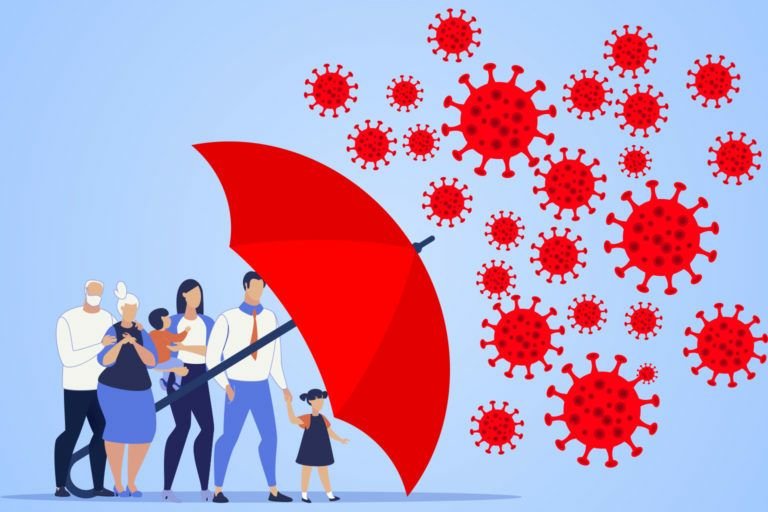The COVID-19 virus is still in the air and has affected a mass audience. During this pandemic, you might have observed that some people died due to the severe effects of the virus, while some didn’t even realize that the virus had caught them.
This suspicion that some get easily succumbed to the virus while some stay unaffected intrigued the scientists to look into the human genome and get answers to this behavior of the virus.
The research that has been conducted over the past few months explains that some people have genes that resist the effects of the COVID-19.
Research published in Nature Immunology by a team involving genetic experts in collaboration with the COVID Human Genetic Effort, specified the different genome sites having the potential to resist COVID-19 and control the spread. Scientists have proper evidence in their research that people with O-type blood group are more COVID resistant than any other group.

Identifying the genes of the candidate also tells you how SARS-CoV2 enters the human body and causes the infection to spread. This SARS-CoV2 goes deep as it binds the ACE2 receptor that is present in the cell membrane. Now, the discovery made by scientists was that a rare variant that is located close enough to the ACE2 receptor is something capable of providing natural or genetic protection against the COVID-19 virus. According to the hypothesis, ACE2 decreases due to this variant.
The SARS-CoV2 is bonded with ACE2 polymorphisms providing us with protein and other affinities.
For a long time, therapeutics consider an infectious disease to be a pathogen and not a host. Thereby, vaccination is against the pathogen, or pathogen activity is interfered with using a drug to protect from infection.
The reasons why this variant is exciting for a deep study are –
- Develop an understanding of the pathway of the SARS-CoV2 and its involvement as an infection.
- It would help develop the technology and therapeutic interventions to stop SARS-CoV2.
CCR5 has proved the principle behind the second reason. A certain genetic mutation affects one percent of the population that is a prevention to the bond between HIV and white blood cells. Studying this in-depth, CCR5 developed maraviroc, an antiretroviral drug mimicking the effect of the mutation.
No accurate treatment or drug has been discovered for COVID-19 but the studies let us close to better results.

1 Comment
Pingback: Uber to bring back carpooling concept - Craffic